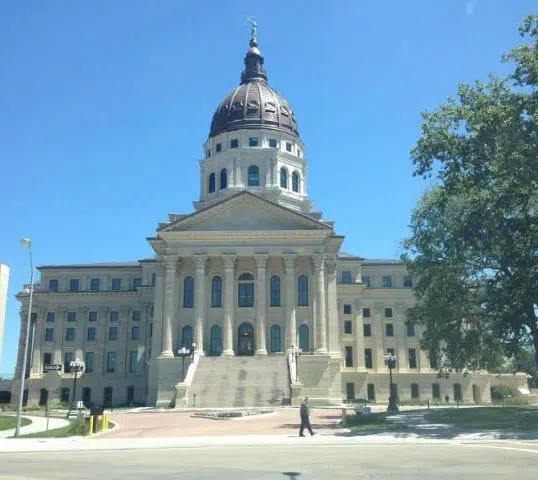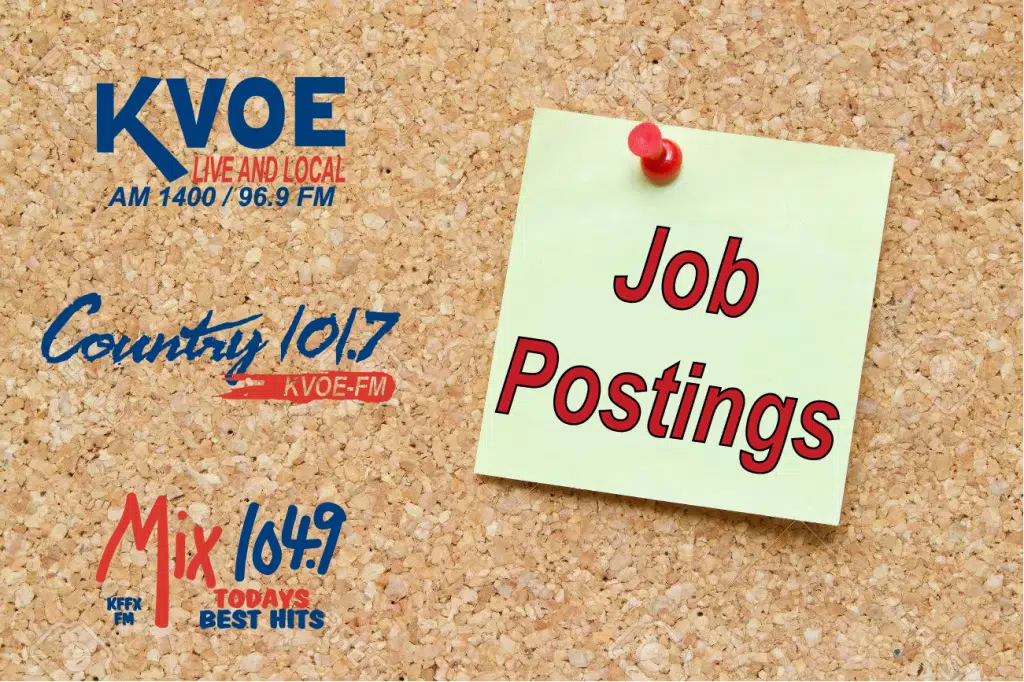Governor Laura Kelly delivered her State of the State Address to members of the Kansas Legislature on January 24, delayed two weeks because of a false positive test for Covid.
Kelly urged the legislators to implement meaningful water policy to address the pending water crisis in western Kansas. Once again she urged legislators to expand eligibility for Medicaid and to legalize medical marijuana.
Kelly urged legislators to invest state resources in mental health services and recommended that the Legislature provide relief for retirees by increasing from $75,000 to $100,000 the income threshold for applying the state income tax to Social Security benefits.
The governor’s budget provided for repeal of the four percent sales tax on groceries and urged dropping the sales tax on diapers and feminine hygiene products. She proposed a four-day back-to-school sales tax break each August for the purchase of school supplies.
The governor reminded legislators that the proposed budget fully funds Kansas schools for the fifth year in a row, and she urged the Legislature to provide full funding of special education programs in K-12 schools. She also warned, “I will oppose any efforts that are designed to turn parents against teachers… to turn communities against their schools… to turn young people away from the teaching profession.”
The governor urged the legislators to work with her despite differences in political philosophy: “We haven’t always seen eye-to-eye, but the truth is only when we’ve banded together have we made real progress. That’s why I’m asking you tonight to, again, meet me in the middle.”
No bills were brought to a vote last week. Among bills introduced was HB 2181, creating the crime of unlawful performance of an abortion and unlawful destruction of a fertilized embryo; restricting the use of fetal tissue. Note that this bill was introduced despite the primary election vote in August that supported continuance of abortion in Kansas.
Violence using firearms has been in the national news; several bills addressed that issue: SB 116, standardizing firearm safety education training programs in school districts; HB 2031, to increase the criminal penalties for certain violations of criminal possession of a weapon by a convicted felon that involve firearms; and HB 2074, allowing courts to prohibit possession of a firearm in a temporary custody order pursuant to the care and treatment act for mentally ill persons.
Five concurrent resolutions have been introduced. Three were introduced in the House: (1) HCR 5004, co-sponsored by Representative Mark Schreiber of Emporia, urges the U.S. Congress to fully fund the federal government’s original funding promise under the individuals with disabilities education act; (2) HCR 5005, making application to the Congress of the United States to call a convention of the states to establish term limits for members of Congress; and (3) HCR 5006, proposing a constitutional amendment to repeal a section of the Kansas constitution that requires marriage to be between individuals of the opposite sex.
Two concurrent resolutions have been introduced in the Senate. SCR 1602, disapproving the designation of the lesser prairie chicken as a threatened species in Kansas by the United States Fish and Wildlife Service, was adopted by a voice vote. SCR 1603 urges the President of the United States to restore energy independence in the United States. Senator Longbine joined other members of the Senate to introduce both resolutions.
Prepared by Emporia League of Women Voters members Bob Grover, Gail Milton, Doug McGaw, and Mary McGaw.





















